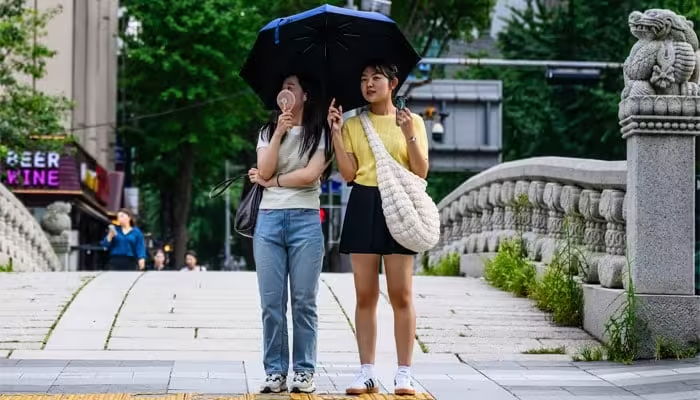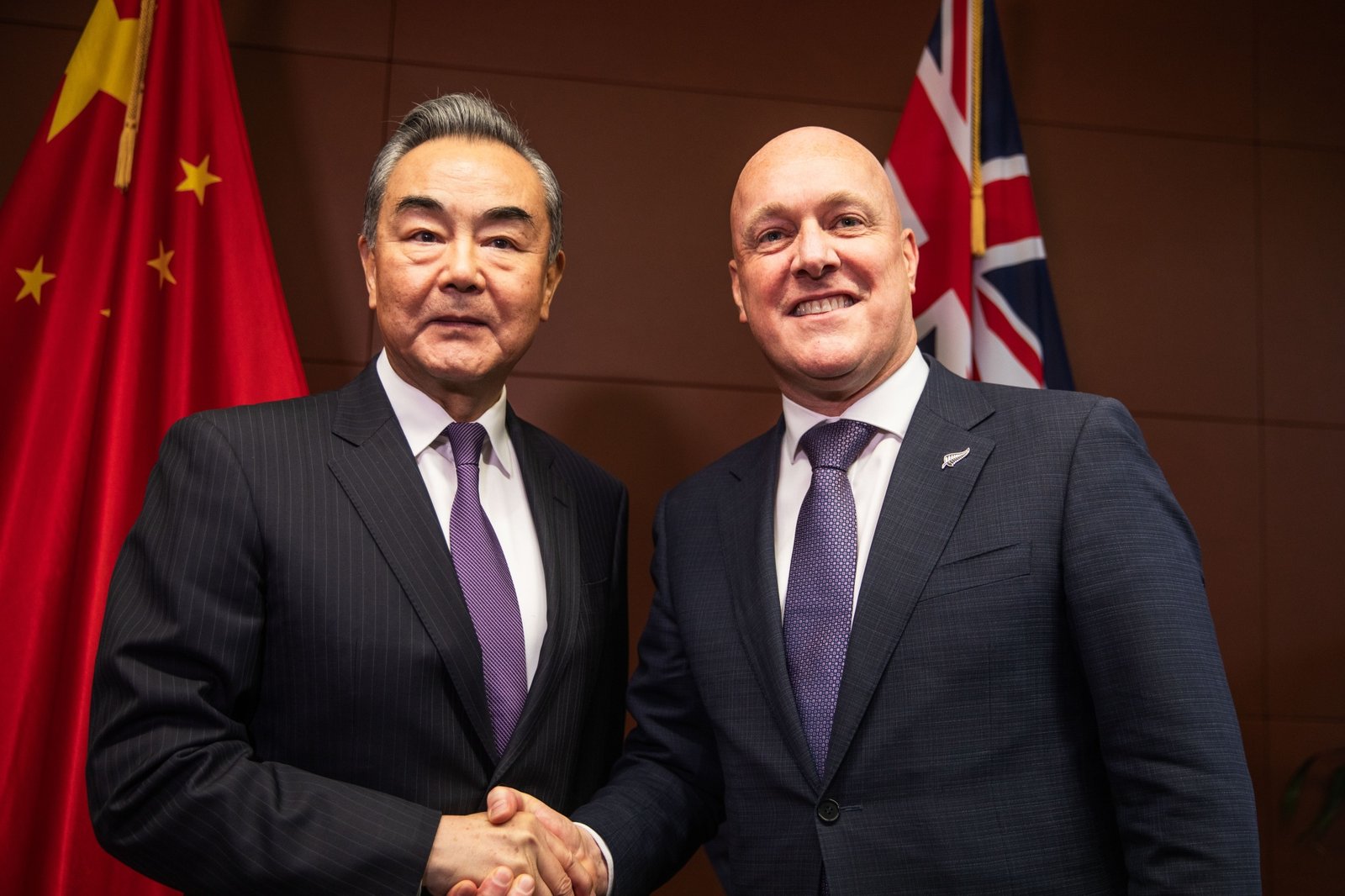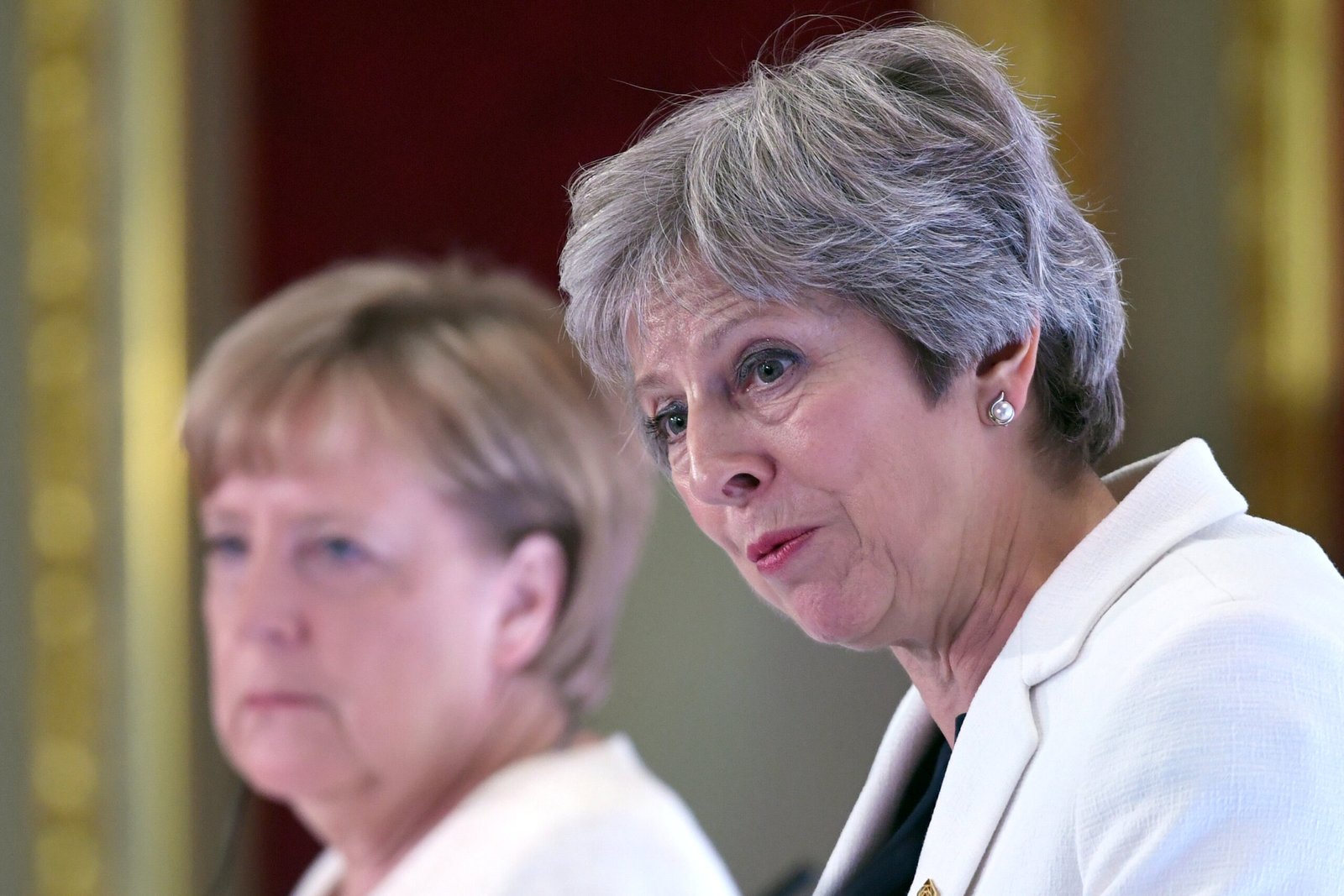Hong Kong media tycoon and prominent pro-democracy advocate, Jimmy Lai, is currently standing trial, accused of jeopardizing China’s national security. The 76-year-old has entered a plea of not guilty to two charges of conspiracy to collude with foreign forces, carrying a potential life sentence, along with a lesser charge of conspiracy to publish seditious material.
In this high-profile trial, ongoing for a month now, the prosecution has presented its case, alleging Lai’s collaboration with foreign forces, including meetings with U.S. officials in Washington during Donald Trump’s presidency.
Significance of the Trial: This trial is widely regarded as a landmark national security case, following the imposition of Beijing’s laws on Hong Kong in 2020 after months of protests in 2019. Jimmy Lai, a vocal critic of China’s Communist Party, stands as the highest-profile figure facing prosecution under these laws, drawing close scrutiny from diplomats.
Both Britain, Hong Kong’s former colonial ruler, and the United States have called for Lai’s immediate release, asserting that the case is politically motivated. However, Hong Kong officials insist that Lai will receive a fair trial.
Prosecution’s Case: According to prosecutor Anthony Chau, Lai is characterized as a “radical” at the center of conspiracies to collude with foreign forces and publish seditious material in the Apple Daily newspaper, which he founded. The prosecution contends that Lai, under the guise of fighting for freedom and democracy, sought support from foreign countries, specifically the United States, to impose sanctions or engage in hostile activities against Hong Kong and China.
One instance of alleged collusion highlighted by the prosecution is Lai’s meeting with then-Vice President Mike Pence and Secretary of State Mike Pompeo in 2019, discussing a controversial extradition bill proposed by the Hong Kong government. The bill, later withdrawn, triggered mass pro-democracy protests in Hong Kong.
Key Figures Linked to Lai: The prosecution identified agents and intermediaries, including former U.S. Army General Jack Keane, former U.S. Deputy Defense Secretary Paul Wolfowitz, rights group founder Benedict Rogers, and former U.S. Consul General to Hong Kong James Cunningham. Critics argue that Lai’s interactions were normal and legal.
Prosecutors also pointed to a syndicate led by Lai, involving activists, his aide, rights campaigners, a Japanese congresswoman, and a U.S. financier. The alleged actions of this group aimed to prompt foreign nations, including the U.S., Britain, New Zealand, Australia, Japan, Czech Republic, Portugal, and Ireland, to impose sanctions or take other hostile actions against Hong Kong and China.
Upcoming Testimonies: With the trial set to continue, the prosecution plans to present a total of 15 witnesses, including individuals like Chan Tsz-wah, a paralegal allegedly used by Lai as a middleman, and Andy Li, a co-founder of “Stand With Hong Kong Fight For Freedom” (SWHK). Lai’s international lawyers have appealed to the UN expert on torture regarding Li’s treatment in mainland China.
The trial is overseen by three judges selected from a panel of national security judges appointed by Hong Kong’s chief executive.



